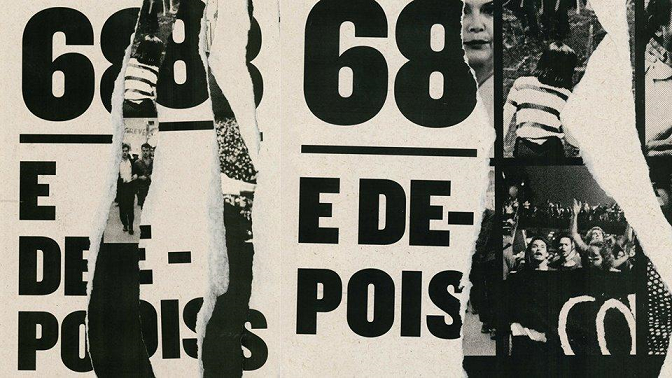O brilho distante de um pequeno cometa: A cena interior, de Marcel Cohen / The Distant Glow of a Small Comet: Sur la Scène Intérieur, by Marcel Cohen
DOI:
https://doi.org/10.17851/2179-8478.15.1.227-239Keywords:
memória, testemunho, Shoah, memory, testimony.Abstract
Resumo: Em Passagens, Walter Benjamin escreve: “O rastro é a aparição de uma proximidade, por mais longínquo que esteja aquilo que o deixou”. Marcel Cohen tinha cinco anos quando, entre 1943 e 1944, sua família foi levada para Auschwitz, apenas a esposa de um tio sobreviveu. Em A cena interior, livro publicado orginalmente em 2013, ele narra, a partir de rastros e vestígios de memória, o que recorda e o que pôde saber a respeito de seus pais, sua irmã, seus avós paternos, dois tios e uma tia-avó. Este artigo analisa essa narração memorialística de Cohen. Busca-se, à luz do pensamento de Benjamin, refletir sobre o processo de reconstrução do passado empreendido pelo escritor, as instabilidades inerentes ao testemunho, ao jogo da ficção e da memória que abarca a escrita da história familiar.
Palavras-chave: memória; testemunho; Shoah.
Abstract: In Das Passagen-Werk, Walter Benjamin writes: “The trace is the appearance of proximity, no matter how distant what left it may be”. Marcel Cohen was five years old when, between 1943 and 1944, his family was taken to Auschwitz and only the wife of an uncle survived. In Sur la scène intérieur, book originally published in 2013, he narrates, from traces and vestiges from memory, what he remembers and is able to know about his parents, sister, paternal grandparents, two uncles and a great aunt. This paper analyses Cohen’s memoralistic narration. It seeks, in the light of Benjamin’s thoughts, to reflect about the reconstruction process of the past undertaken by the writer, the inherent instabilities in testimony, to the game of fiction and memory that involves the writing of the family story.
Keywords: memory; testimony; Shoah.

